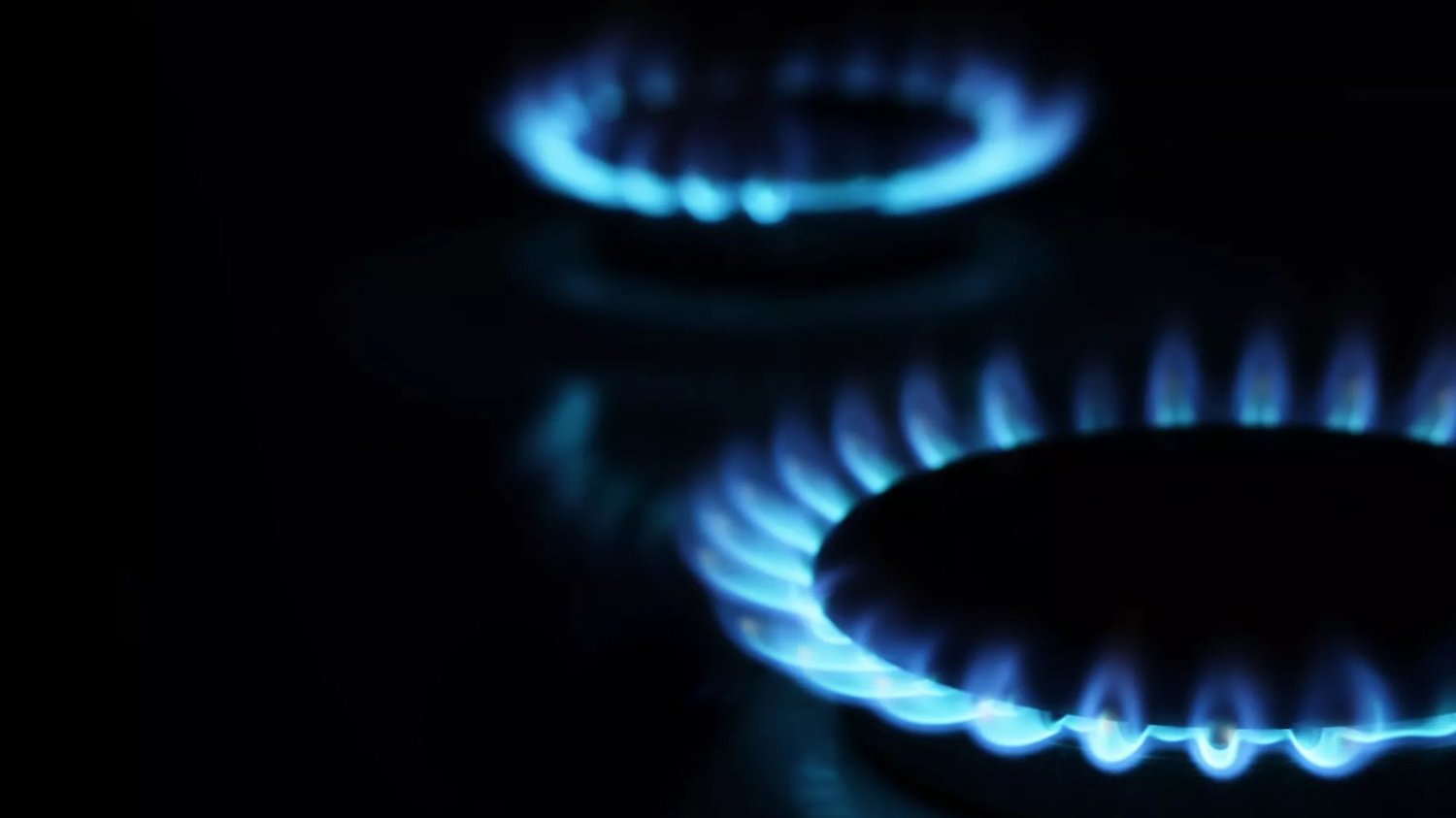
The government gave to gas producing companies: YPF, Total Energy, Tecpetrol, PAE, Pluspetrol, Harbor Energy, CGC and Pampa, among others; and will pay up to 65% more in the price of gas to avoid cuts during high winter demand. Just a few weeks ago, Mar del Plata and some cities of Chubut and Neuquén ran out of supply in the middle of the polar wave.
This Monday Cammesa SA, the company that is responsible for the wholesale distribution of electricity, formalized the offer for the purchase of additional natural gas volumes to which it already has hired under the gas plan. Through Megsa, the company that operates the electronic gas market in the Stock Exchange, made an auction to reinforce the offer available for thermoelectric plants that generate 58% of the country’s electricity.
The Gas Plan was born in 2020 and since then guarantees huge subsidies, favorable prices and flexibility of access to the market -free market (during the stocks) to private companies to encourage gas production. However, the “gas owners” continue to demand more money from the State.
Specifically, the offer was between $ 7 and $ 7.50 per million BTU for additional natural gas volumes for the generation park. Which implies 3 more dollars on the average gas price during winter (which is already 25% more expensive than the annual average).
As described by the Econojournal specialized environment, the measure implies a change in the criteria used by the State in recent years. “Until now the usual practice was that, when it needs to strengthen the gas supply for thermal usines, the company that manages the wholesale electricity (MEM) market made a weekly auction under the orbit of Megsa, in which it offered to pay 90% of the price that appears in the gas plan for the cold months. That figure is around the 4.45 US $/MMBTU. producer can offer a little more gas than they have already committed. “
However, these producing companies (previously mentioned) among which YPF, Tecpetrol de Paolo Roca (contributing of the campaign of Javier Milei) or CGC, the oil company of Eurnekian (who was godfather of the current president); They did not want to sell to Cammesa at the winter price of the gas plan and exposed the weakness of an energy system designed for multinational profits and not the needs of the majorities.
This impossibility of finding more gas for the generation park caused the Polar wave, the supply of the fluid to falter so much that it forced to cut the service to industries, CNC stations and also to homes of Mar del Plata and other cities.
The lack of government planning, the chainsaw to public spending where it could have advanced with the N. Kirchner gas pipeline, for example, and the delivery towards multinationals comes out more and more expensive to the State. As a counterpart, multinationals obtain high -gain rates.
For users, with the excuse of sincere prices and reduce the fiscal deficit at the request of the IMF, the rates flew. Since Milei assumed, an average AMBA home had an increase in the gas ticket of 1482% according to the Interdisciplinary Institute of Political Economy (IIEP) dependent on CONICET-UBA.
In addition, with the Base Law, Milei (with the support of the “dialogue opposition”) took the role of guaranteeing internal supply, pricing and export planning. The Rigi establishes free export authorizations for 30 years, which imply: “The right to export all authorized volumes continuously and without interruptions or restrictions, reductions or redirects due to any cause during each day of the period of validity of the respective export authorization.” The height of the delivery.
A democratic, economic and sustainable energy plan
As the left states, the integral nationalization of the entire energy industry under the management of their workers, professionals and experts from public universities, and communities affected in the different territories is necessary. It would be a first step to rationally plan a truly fair energy transition, from below, that invests the priorities of the profits of a few millionaires over the needs of the majorities.
This measure would allow democratically deciding which energy generation sources will be used. Centralized planning in a unique state company, and obtaining financing, not finishing public goods and companies, but through the non -payment of external debt, the removal of subsidies to oil – energy and the nationalization of the banking system, must be combined with the decentralized deliberation in each region. Thus, the convenience, in each case, to use different generation sources, taking advantage of the climatic conditions of each area, and rationally planning the use of common natural goods necessary for the use of intermittent renewable sources in its generation. As a whole, ending the waste and energy subsidies to the great capitalists, imposing energy efficiency measures in the industries, doing an economic and sustainable service.
Source: www.laizquierdadiario.com

